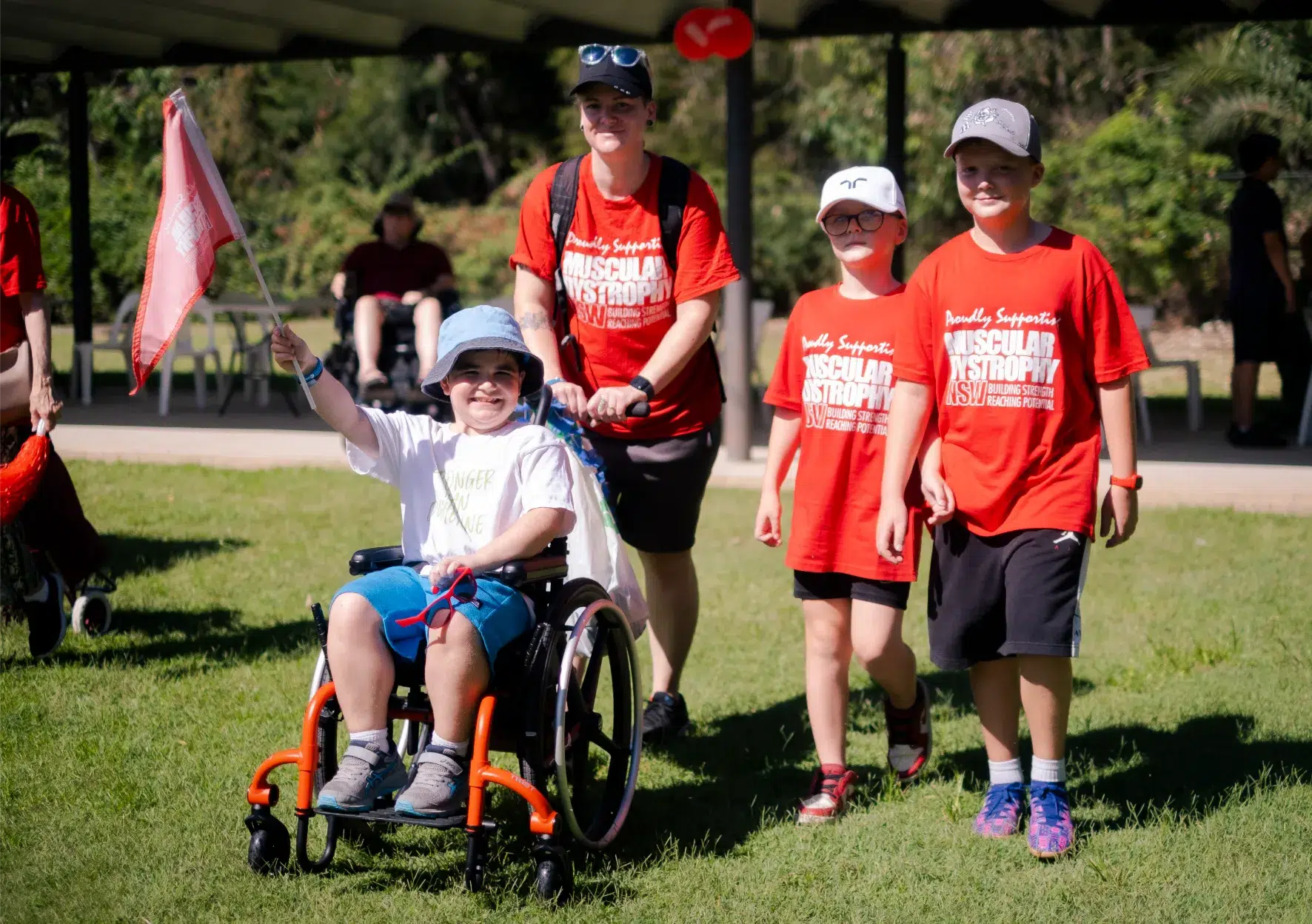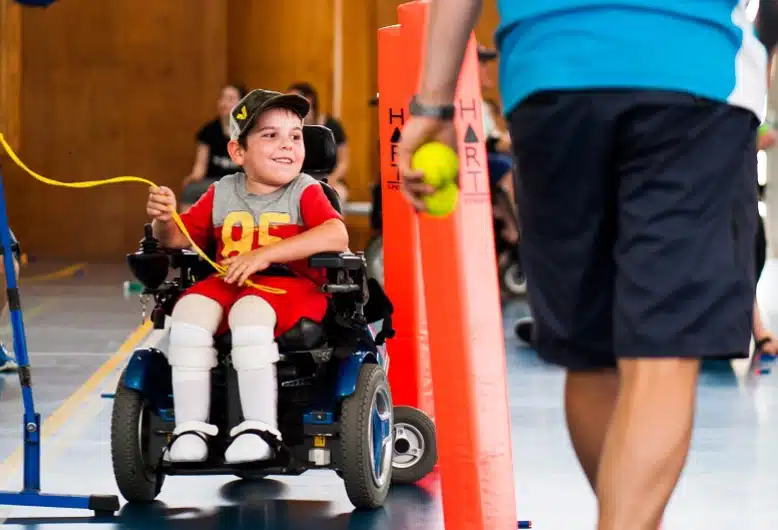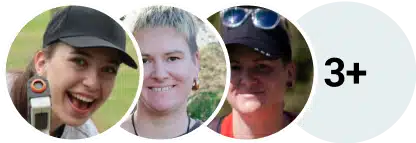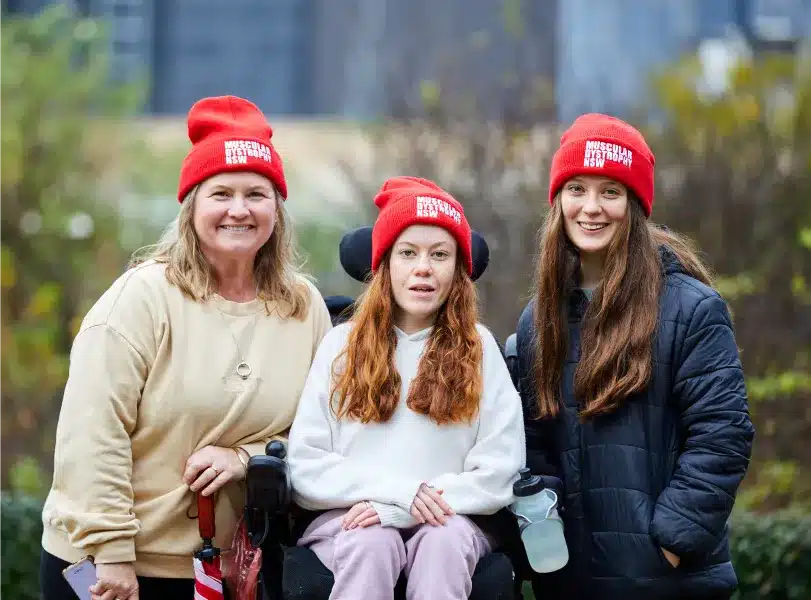-
Build confidence and independence.
This website uses cookies to improve your experience. We'll assume you're ok with this, but you can opt-out if you wish.
We strive to give kids living with neuromuscular conditions the opportunity to thrive, reach their potential, make friends and build memories!
We offer accessible kids camps, community days, NDIS Support Coordination and more so you and your child can feel supported and part of a community that understands.
To get involved with our programs, learn more about what’s on by exploring our upcoming events.




To sign up or learn more about our events or programs, contact our friendly team.
Click the below button now or contact us directly on info@mdnsw.org.au or (02) 9888 5711.
Say hello & contact our friendly team today.
Email: info@mdnsw.org.au
Phone: (02) 9888 5711
Freecall: 1800 635 109
Phone: (02) 9888 5711
Freecall: 1800 635 109
Email: info@mdnsw.org.au
Postal Address: PO Box 3071, North Strathfield NSW 2137
Muscular Dystrophy NSW would like to acknowledge the Traditional Custodians of the land on which we live and work, and we pay our respects to their Elders past and present. We extend that respect to all Aboriginal and Torres Strait Islander peoples.
"*" indicates required fields